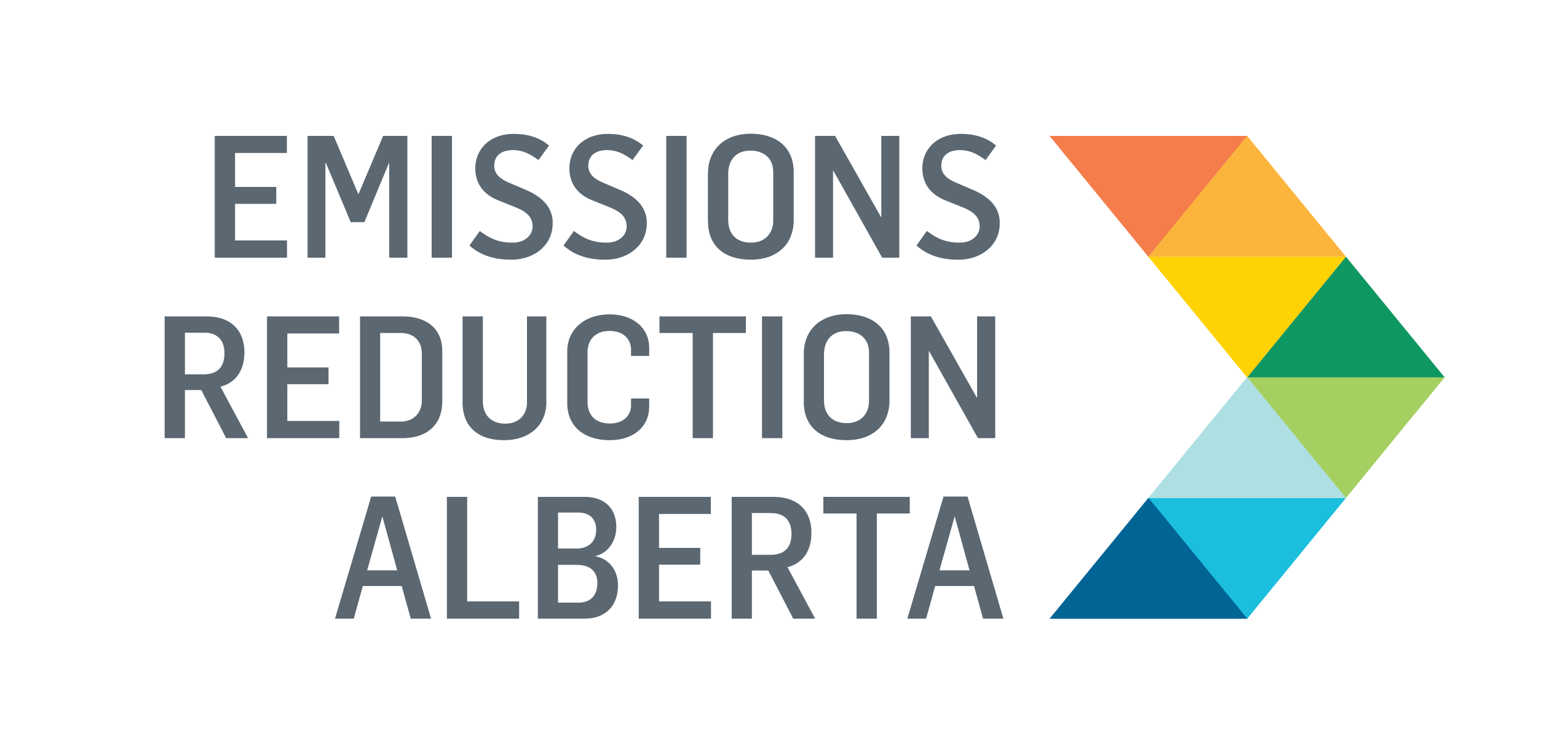Project Overview
Approved for funding through ERA’s Food, Farming, and Forestry Challenge in 2021, the project assessed the value and feasibility of using a Pulp Expert System (PES) driven by artificial intelligence developed by Innotech Alberta. By project completion in 2024, the technology demonstrated substantial potential for improving operational efficiency and environmental performance.
Process Optimization Within the Mechanical Pulping Industry
Millar Western Forest Products Ltd. operates a bleached chemi-thermo-mechanical pulp (BCTMP) mill in Whitecourt, Alberta. The refining stage of the mill’s pulping process, in which the cellulose fibres in wood chips are separated by electrically-driven mechanical refiners, accounts for over 60 percent of the mill’s total electricity consumption. The AI-based Pulp Refining Expert System (PES), developed by InnoTech Alberta, uses artificial intelligence and machine learning to optimize the refining process to reduce energy consumption and improve product quality. The AI system uses data analysis and predictive modeling to enhance efficiency, resource utilization, and waste reduction. The project focused on use of a PES system to reduce energy consumption, and associated greenhouse gas GHG emissions, and improve process stability and pulp quality.
Successful Technology Development and Initial Testing, Further Validation and Refinement Required
The project made advancements in building the PES through several stages of technology development including goal setting, data flow, model development, and package deployment. Notable enhancements were made in backend and frontend architecture as well as the optimization algorithms. The project refined the AI algorithms to enhance accuracy and reliability, while improving the system’s integration with existing mill operations to ensure compatibility. By project completion, the first prototype of the AI-based PES system was installed online. Additionally, new energy efficient plate positioning devices were installed, with ongoing trials to determine the optimal plate pattern to realize the full potential of energy savings. However, operational issues following installation have delayed full implementation of the PES system.
Although the system is not yet fully integrated with process control systems, preliminary evaluations indicate significant potential for improving refining efficiency by identifying operational inefficiencies. The technology also shows promise for cost savings and environmental sustainability through optimized resource utilization and waste reduction. The project successfully demonstrated the concept of implementing an online AI system that integrates with the production line, providing real-time recommendations to optimize decision-making, enhancing efficiency, and improving product quality. Further time and adjustments are needed to address the challenges integrating the system with existing pulp mill infrastructure. Overall, the project achieved development of a functional prototype and initial validation of its effectiveness.
What’s next?
Millar Western plans to initiate follow-up projects to enhance the AI algorithms, integrate data analytics, and test and validate the system in operational environments. Testing and data collection will be needed to demonstrate specific outcomes as the project progresses toward integration and trial phases. Efforts to prepare the technology for market entry are underway including developing customer engagement strategies and identifying early adopters.
Planning is in progress for pilot programs to demonstrate the system’s capabilities, with upcoming mill trials to validate improvements in process efficiency and cost savings. Next steps for advancing the PES system involve comprehensive trials and market readiness assessments, focusing on performance validation, commercialization readiness, and engagement with potential adopters.
